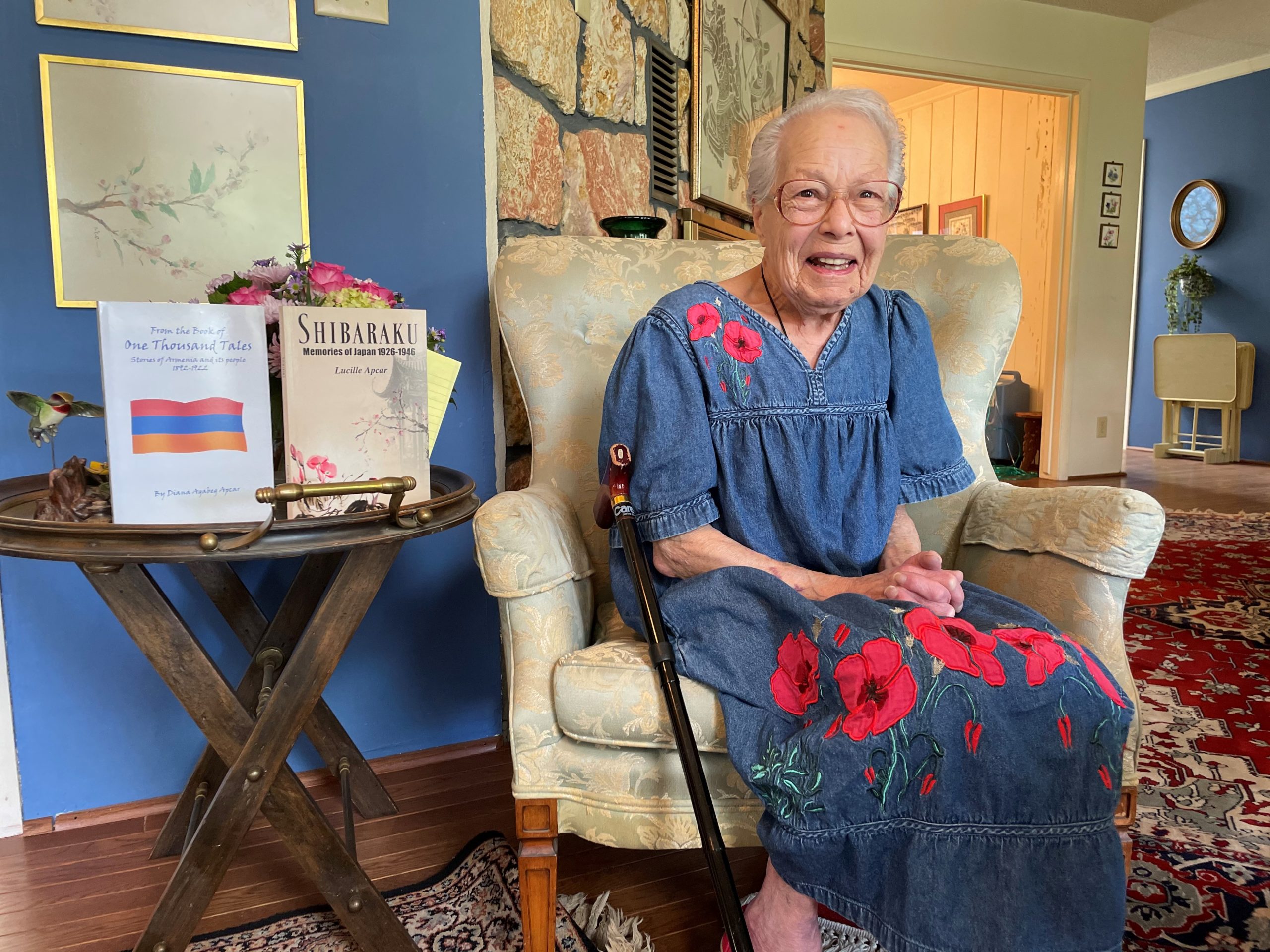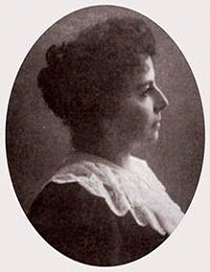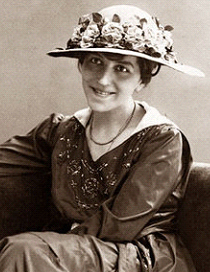Dussap, Srpuhi Vahanyan
Writer, Social Activist
1841-1901

Born in Constantinople (Istanbul) into a wealthy and socially prominent family, Srpuhi received her elementary education in the French schools of the capital. Her mother, Nazli Vahan, one of the most educated and socially aware women of the city, was among the founders of the first national women’s institutions in the capital, including the Hripsimyats School and the Women’s Philanthropic Association (1859). After the untimely death of her husband, she devoted herself to the upbringing and education of her daughter and son. Her son, Vahan Hovhannes (1832‑1891), received his higher education in chemistry and held high governmental positions.
Srpuhi married the French musician, Paul Dussap, who encouraged his wife’s social and literary activities. The couple had two children (Edgar and Dorine) and they hosted a lively salon that attracted the leading artists and intellectuals of the capital.
After studying Armenian with the famous poet Mgrdich Beshigtashlian, Srpuhi began her literary activities in poetry. Her first poem, titled Garun (Spring), was published in Bazmavep monthly in 1864 (Venice). Her booklet The Armenian Vernacular Language, in which she advocated the use of the spoken Western Armenian as a literary language, was published in 1880. She then published a number of articles on women’s issues in the periodicals of Constantinople and Smyrna, such as “A Few Words About Women’s Inactivity,” “Principals of Women’s Employment,” and “Women’s Education,” in which she defends women’s rights to education, meaningful activities, marriage based on love, and participation in the public sphere.
She continued these themes in a series of three novels: Mayda (1883). Siranush (1884) and Araxia (1887). Her viewpoints aroused controversial reaction (R. Berberyan, H. Baronyan, K. Zohrab, etc), but she continued to pursue her point of view.
In 1889, accompanied by her daughter Dorine, she went on an extended visit to Paris, where the two enjoyed the rich social and cultural life of the French capital. But Dorine had contracted tuberculosis, and soon after returning to Istanbul, she died in 1891, at the age of 19. Dussap could not recover from this crushing blow and published no works in her later year. However she remained as an inspiration to younger writers, such as Zabel Yessayan and Zabel Assadur (Sybil). She passed away in 1901 in Istanbul.
Bibliography
“Women’s Idleness” by Srpuhi Dussap, translated into English by Jennifer Manoukian, The Armenian Weekly, December 28, 2013.
Andreassian, Elise, “Srpoohi Dussap: The First Armenian Feminist,” Ararat Magazine, Vol. XXIX, No. 4 (Autumn 1986), pp. 9-13.
Kalaidjian, Azadouhi Simonian, “Serpuhi Vahanian Dussap: Defining a New Role for Women,” in Voices of Armenian Women, edited by Barbara Merguerian and Joy Renjilian-Burgy (Boston: AIWA Press, 2000), pp.162-78.
Rowe, Victoria, A History of Armenian Women’s Writing, 1880-1922 (London: Gomidas Institute, 2009), especially pages 47-89.
Tyusab, Srbuhi, Erker, Yerevan, 1959, 1981.




